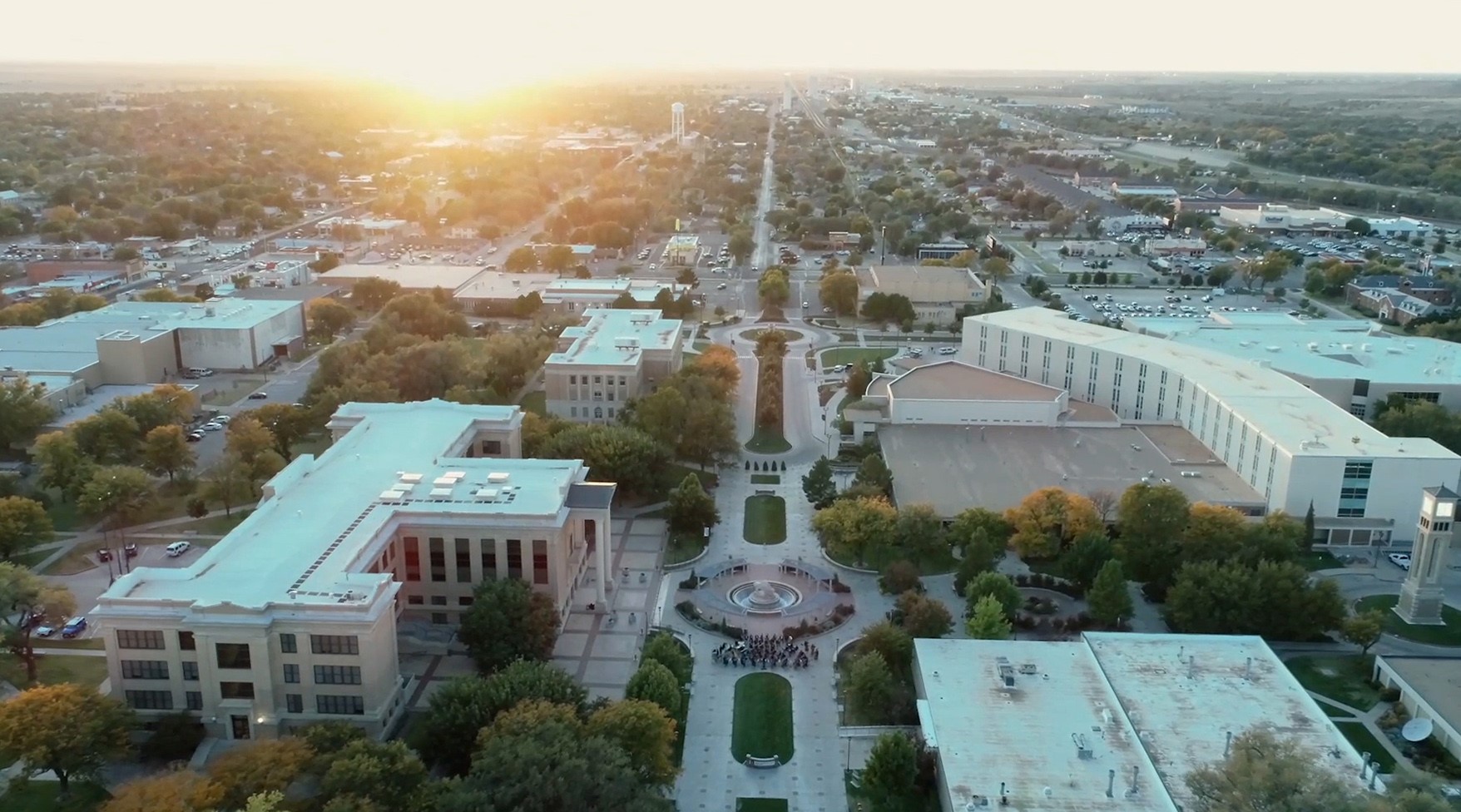
Sixth and final in a series on strengths of regional universities
Regional universities are associated with the places in Texas that produce the food, fuel and fiber that nourish, power and clothe our state and nation. They frequently serve rural populations and help the people of these regions attain their aspirations. In Texas, about half of all college graduates come from regional institutions. These widely dispersed institutions that comprise the vast majority of universities in Texas provide educational accessibility to a wide range of students that might face barriers to attending one of the larger publicly funded institutions in the typically more metropolitan service areas. They are often less expensive and provide much of the human capital required to move Texas forward.
They also have a significant economic impact on the surrounding regions. They create job opportunities on campus and off campus. The hundreds of thousands of students who attend regional universities in Texas provide economic impact to a wide range of geographic locations within the state borders. The economic impact is expanded as workforce development is a focus of regional institutions that are responsive to job opportunities in markets within the regions of service; unlike major flagship universities that serve a national and international audience. The focus of regional campuses is regional folks. That does not mean that the institutions are isolated socially or intellectually. West Texas A&M University serves students from 49 states and 63 nations—no myopia in West Texas. But our first cause is always service to the Panhandle, as stated in our long-range plan WT 125: From the Panhandle to the World.
Community engagement, the aspect of university influence that creates a strong sense of belonging in various parts of the state, is critical to any appropriately focused regional university. Public lectures, workshops, cultural events and other activities that expand dialogue, understanding and engaged community are part of the mission of regional institutions. Likewise, research and innovation in regional universities can have a powerful local impact if regional institutions focus on regional needs. For example, the state legislature during this legislative session has committed an additional $6 million to an existing $4 million initiative to understand better and enhance the food animal production industries of West Texas. Additionally, WT’s doctorate in education program is dedicated to the leadership and management of the smaller school systems in Texas, and there are thousands. Likewise, our nursing and health sciences programs are focused on the critical needs of healthcare delivery in widely dispersed populations. These are just a few examples of how regionally focused initiatives provide distinctiveness for study at WT and provide benefit to the extended community.
Social mobility, what I sometimes refer to as engaged citizenship, is a great strength of regional institutions because it provides opportunities for individuals from a wide range of social and economic backgrounds to bootstrap themselves into careers and fields of study that change the trajectory of family lives, one person in one family at a time. At WT, we are convinced that the value system of the Texas Panhandle has a powerfully important impact when reinforced through courses of study in our University that value and appreciate the strength and sustenance of the region. Regard for others, trust, family life, faith, public and private virtue, patriotism and compatriotism, a performance culture responsive to hard work, rugged individualism and personal responsibility make the Texas Panhandle what it is. And responsive and reflective regional universities such as WT aspire to sustain, promulgate and enhance these deeply embedded value systems that are the foundation of our region, our state and nation.
The stakeholders that benefit from the strength of regional universities are many. Local and regional government alumni, community members, industry and business leaders, education associations and many other important groups that help sustain a free society are nourished by strength in regional universities.
For WT to be effective, it must first unapologetically focus on serving the Panhandle. Trying to imitate the more significant, prestigious public or private international research universities will not serve regional institutions well. It is a fool’s errand. Neither will such aspirations serve the state of Texas, which has made a significant commitment to the people of the various regions in the state through the funding and support of regional universities.
WT is proud to be a member of this group of regional institutions that, combined, serve nearly half of the people in Texas who pursue a college education mirroring national averages. We have a role to play at WT. We will play that role head-on.
Walter V. Wendler is President of West Texas A&M University. His weekly columns, with hyperlinks, are available at https://walterwendler.com/.




